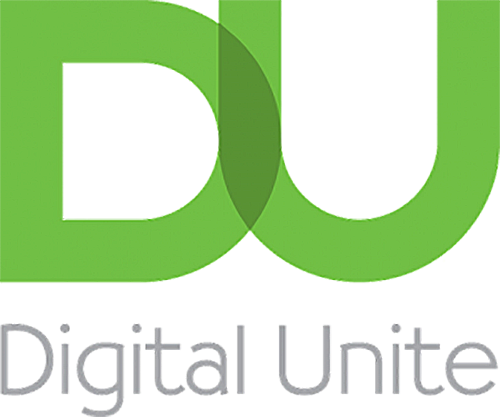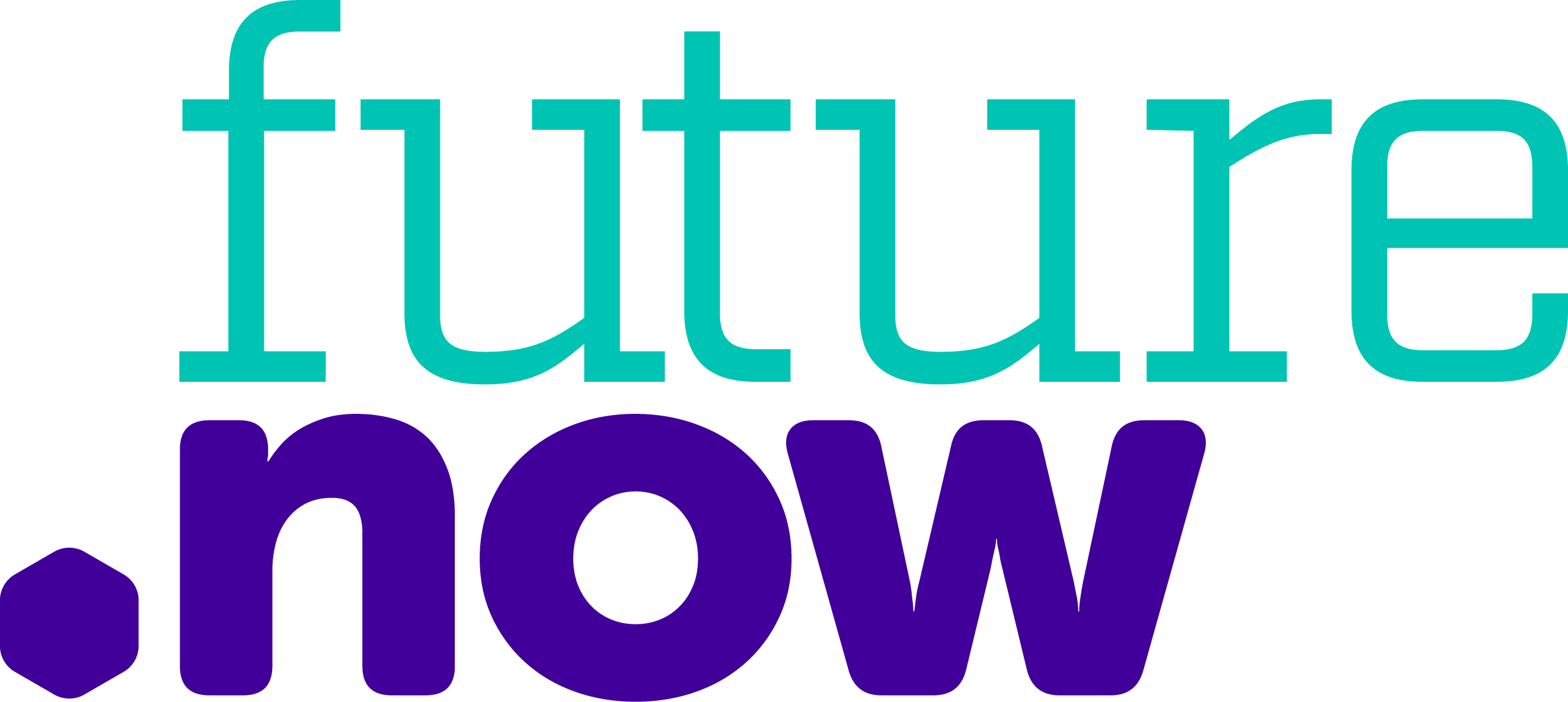Members’ Area
Back
Digital Unite
The Digital Champions Network
LevelFoundationEssential

What it does
We help organisations run digital inclusion programmes that deliver real change. We have two main products.
- Digital inclusion awareness training: to help everyone in an organisation understand what it is and how it matters.
- Digital Champion training: people in your organisation train to help others learn digital skills. The end learners might be other colleagues, customers, service users or people in the community.
We work with public, private and third sectors.
Our Digital Inclusion awareness training is generally used by large organisations, often as part of wider digital transformation. Our Champion training is for people who directly helping others. Some organisations use one or the other, some both.
How it helps
Our digital inclusion training, Inspire, is a one-off session that:
- Explains why digital skills matter and what digital inclusion means
- Encourages everyone, no matter what their team or role, to start thinking in digitally inclusive ways and to tackle the digital divide through small, practical and positive actions.
- Comes with built-in monitoring tools to measure progress and evidence impact.
Our Digital Champions Network trains people to help others learn digital skills, build their digital confidence and thrive in a digital society. We provide:
- Structure, support and learning resources to set up and run successful Digital Champion programmes.
- Tools to measure progress & impact
- Consultancy to help target energy & resources in the right places
Our courses cover topics including:
- what essential digital skills are and why they matter
- how to help people you know learn these skills
- how to help people with extra barriers (like poor English or manual dexterity)
- how to use your customer service role to help others with digital skills
- how to structure training sessions for your end learners
How to access
Check out our website which is all about what we do. Find out more about:
- Digital inclusion training: https://www.digitalunite.com/products/inspire
- Champions training: https://www.digitalunite.com/about-digital-champions
- Use our free Digital Champion project planning toolkit: https://www.digitalunite.com/discover/free-toolkit-plan-digital-champion-project
- Try a free course: https://www.digitalunite.com/explore/free-courses/sign-our-free-affordable-internet-course
Who to contact
Email du@digitalunite.com and it will get to the right person right away.
Additional Information
All our learning is online – so it can be completed anywhere any time, on all types of device.
98% of Champions would recommend our courses.
Which skills are covered in this course?
You can act with caution, understanding that online activity comes with risks (e.g. use anti-virus software, share information securely or avoid certain types of site such as piracy websites)
You can be careful with what you share as you know that online activity produces a permanent record that can be accessed by others (e.g. publicly shared photos, personal information or opinions)
You can follow data protection guidelines online (e.g. following data storage and retention guidelines, not sharing or using other people’s data or media such as movies or music without their consent)
You can identify secure websites (e.g. by looking for the padlock and ‘https’ in the address bar)
You can identify secure Wi-Fi networks to connect to (e.g. Wi-Fi networks where a unique password is required, trusted source or padlock next to Wi-Fi network)
You can recognise suspicious links and know that clicking on these links or downloading unfamiliar attachments is a risk (e.g. Spam/phishing emails, texts, pop ups)
You can respond to requests for authentication for online accounts (e.g. resetting your password when you’ve forgotten it, two factor authentication, using a remote access key or an authenticator app)
You can set privacy and marketing settings for websites and your accounts (e.g. managing social media privacy settings, managing cookie settings, updating contact preferences)
You can update your device software/ operating systems when necessary to prevent viruses and other risks (e.g. enabling automatic updates, or installing when prompted to do so)
You can communicate in the workplace digitally using messaging applications (e.g. Email, Microsoft Teams, Zoom, Slack, internal Intranet, WhatsApp)
You can set up and manage an account on a professional online network/ community/job site (e.g. LinkedIn, Total Jobs, Indeed)
You can use workplace digital tools to create, share and collaborate with colleagues (e.g. Microsoft Teams, OneDrive, G-Suite, Office 365, WeTransfer, DropBox, WebEx, Slack)
You can follow your organisation’s IT policies when sharing information (e.g. classifying emails/documents, encrypting sensitive information, sharing appropriate information on social media)
You can securely access, synchronise and share information at work across different devices (e.g. manage email, calendar or appointment system via different devices)
to do new things at work using online tutorials, learning platforms and how-to guides (e.g. LinkedIn Learning, YouTube, iDEA, Skillsoft, internal learning platforms)
You can find information online that helps you solve work related problems (e.g. Search Engines, IT helpdesk, software providers, peer networks)
You can improve your own and/or the organisation’s productivity using digital tools (e.g. Trello, Microsoft Projects and Planner, Slack)
You can use appropriate software that is required of your day-to-day job (e.g. spreadsheets, online booking systems, HR management, workflow or sales management)
You can access salary and tax information digitally (e.g. password protected payslips, P60, P45)
You can complete digital records on behalf of, or within your organisation (e.g. absence management, holidays, timesheets, expenses, tax returns)
